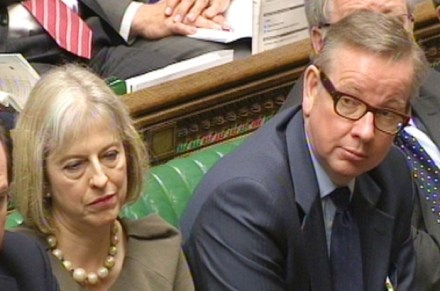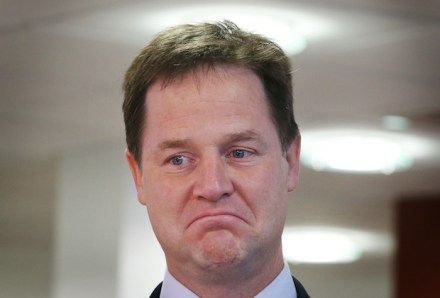I dread the thought of my children being taught ‘British values’
I’ve been off the past week poncing around Rome in a frilly shirt, and so am naturally gloomy about coming home. Just to make it worse, I return to hear of the death of my childhood hero and news that schools are now going to be teaching ‘British values’, following the Birmingham Trojan Horse scandal. Many are shocked about what happened in the city. After all, who would have thought that importing millions of people from totally different cultures would cause so many problems? You’d literally have to be Nostradamus to see that one coming. And of course, this is nothing to do with the intrinsic weakness of a society



















